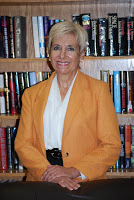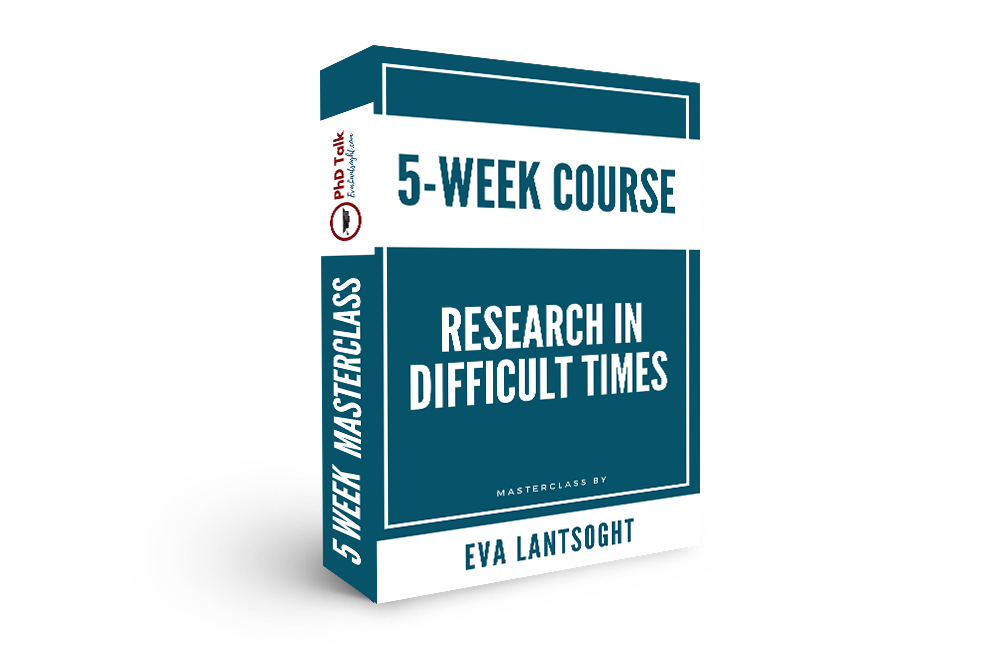
Selecting your examiner or committee
At the end of your doctoral journey, you will be preparing yourself for your defense. In some systems, doctoral candidates can be involved in the selection of their examiner(s) or defense committee.
If you are invited to have an opinion on your committee, here are a few things to consider:
- Availability: First of all, you want a committee member who has the time to give you high-quality feedback, as this will ultimately improve the quality of your thesis. Very busy PIs may not have enough time to give you the feedback you need. I had two retired professors in my committee, and their input was very valuable.
- Experience: You also want a committee member with experience in doctoral assessment, especially if their doctorate was in a different country with a different defense format. You want someone who understands “doctorateness” to the right level, and won’t be too eager to leave their “mark” on your thesis:
- Link to subject: If you work in a field where debates can get headed, then try to avoid a committee member who may have an opinion that is strongly opposed to (some of the choices) you made in your research. We know that, among others, feminist scholars sometimes get push-back from committee members who simply are against research through a feminist lens.
- Potential for collaboration: On the flip side of the medal, working with your committee members can result in future collaborations and joint publications after your defense. Look out for committee members with whom you’d love to set up a collaboration in the future.
- Reputation: By all means, try to get some intel on your committee member through the grapevine. You want to work with somebody who is nice to work with, not somebody who will make you suffer during their defense because they have some unresolved trauma from when they defended. Don’t evaluate someone’s potential as a committee member just based on their publications and expertise – there is a lot more going on during the doctoral defense (cultural and affective dimensions) that make it important for you to know what kind of a person you’d be dealing with.
Did you get to select your committee members? What have you learned from the process.
Share with your peers!


